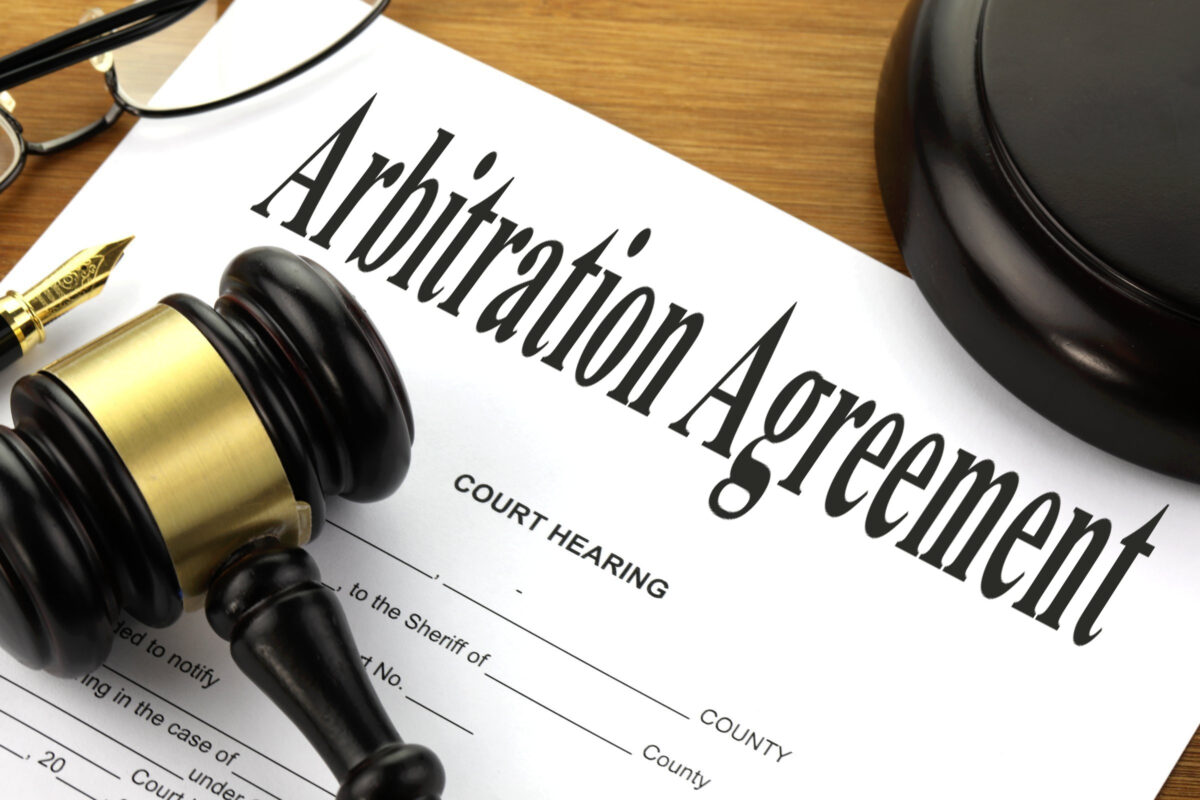
You expect fair treatment when you buy a car, hire a stockbroker, sign up with a credit card company or complete other everyday consumer transactions. However, an increasingly common restriction known as “mandatory arbitration” can limit your ability to win fair treatment from a company with which you do business.
More and more businesses are requiring mandatory arbitration processes that favor them in disputes with their customers. Mandatory arbitration means that your right to take a company that has treated you unfairly to court is restricted or prohibited. Instead of being able to resolve your complaint in a courtroom, your complaint is placed before an arbitrator who may not have a cozy relationship with the company.
In many instances, consumers aren’t even aware that they have agreed to mandatory arbitration as the only way to resolve a dispute with a business. Arbitration agreements are oftentimes placed in small print and in hard-to-understand language in the midst of a long lease or purchase agreement.
Seattle immigration lawyers and business attorneys at Orb Law point out that mandatory arbitration agreements can tilt the dispute resolution process in favor of businesses and against consumers in several ways. For example, the arbitration agreement can require the consumer to pay a high fee, to use a specific arbitration firm or go to a faraway community to have a hearing. Some arbitrators might not be entirely impartial if they depend on a company for much of their work.
The arbitration process is not necessarily bad for consumers. However, consumers should be able to decide for themselves whether they want their disputes resolved in arbitration.
The best protection consumers have is to carefully read all agreements before signing a purchase or service agreement, a lease or even an employment contract. If the agreement is long and difficult to understand, take it home before signing and have your attorney or someone else familiar with such documents assist you in understanding it.












